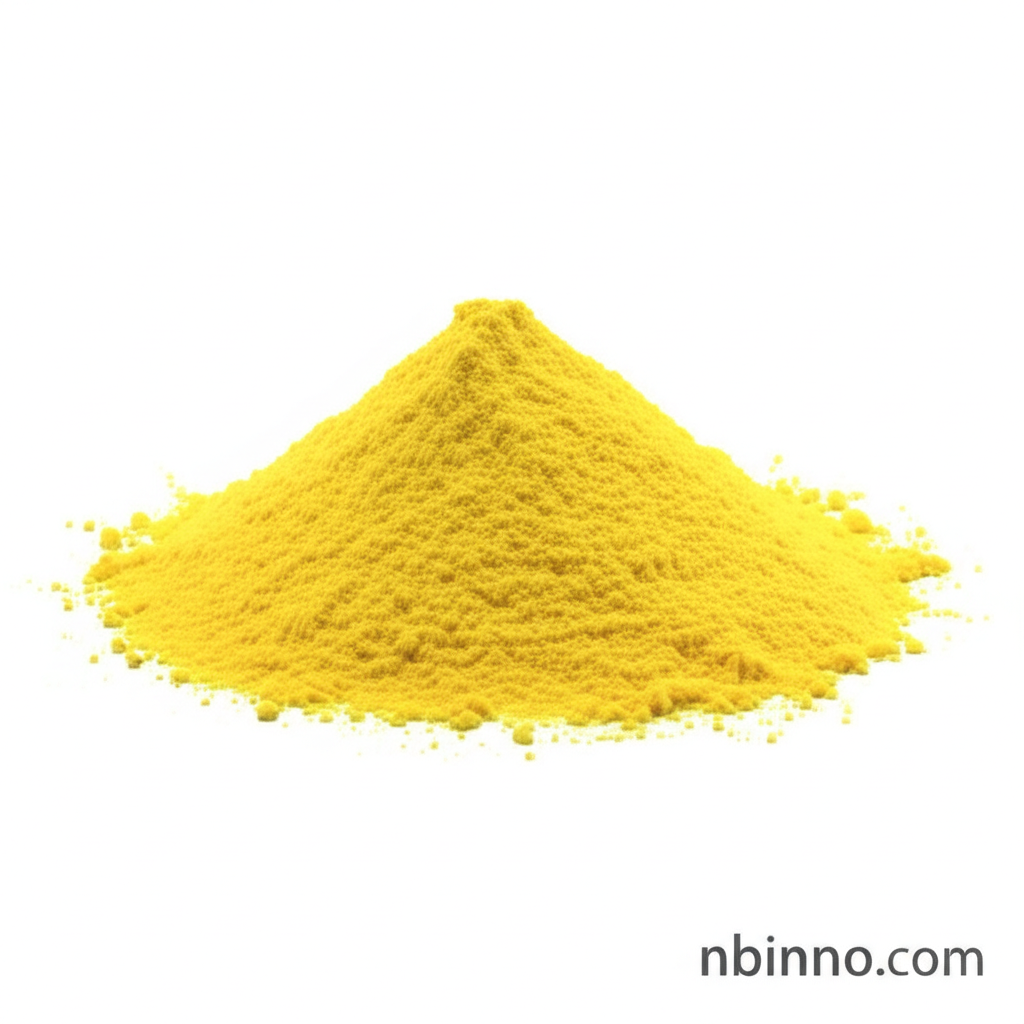Understanding 4-(2-Benzothiazolyldithio)morpholine in Rubber Vulcanization
Discover the essential role of this key chemical intermediate in modern rubber manufacturing and its unique properties.
Get a Quote & SampleProduct Core Value

4-(2-Benzothiazolyldithio)morpholine
This chemical compound is primarily valued as a moderate accelerator in the crucial process of rubber vulcanization. It plays a significant role in enhancing the overall performance and durability of rubber products by optimizing the cross-linking process.
- Leverage the benefits of using 4-(2-Benzothiazolyldithio)morpholine in rubber vulcanization to achieve superior product quality.
- Explore the chemical properties of CAS 95-32-9, including its molecular structure and purity levels, to ensure optimal application.
- Understand the advantages of rubber accelerator MDB for achieving balanced curing characteristics in various rubber formulations.
- Investigate the uses of morpholinodithiobenzothiazole as a reliable additive that contributes to improved physical properties of vulcanized rubber.
Key Advantages and Properties
Optimized Vulcanization
As a moderate accelerator, 4-(2-Benzothiazolyldithio)morpholine provides a balanced cure rate, preventing premature scorching while ensuring efficient cross-linking for enhanced rubber elasticity and strength.
Chemical Stability
With a melting point of 130°C, this compound exhibits good thermal stability, making it suitable for processing under typical rubber manufacturing conditions.
Versatile Application
The utility of morpholinodithiobenzothiazole extends across various rubber applications, contributing to the production of durable and reliable rubber goods.
Key Applications
Rubber Manufacturing
The primary application for 4-(2-Benzothiazolyldithio)morpholine is as a moderate accelerator in the rubber vulcanization process, crucial for producing high-quality rubber products.
Chemical Synthesis
It can also serve as an intermediate in the synthesis of other specialized chemical compounds, showcasing its versatility in the chemical industry.
Material Enhancement
By carefully controlling the vulcanization process, this compound helps to improve the physical properties of rubber, including tensile strength and resilience.
Industrial Processing
Its predictable performance makes it a valuable additive for various industrial rubber formulations, ensuring consistent results and product reliability.
